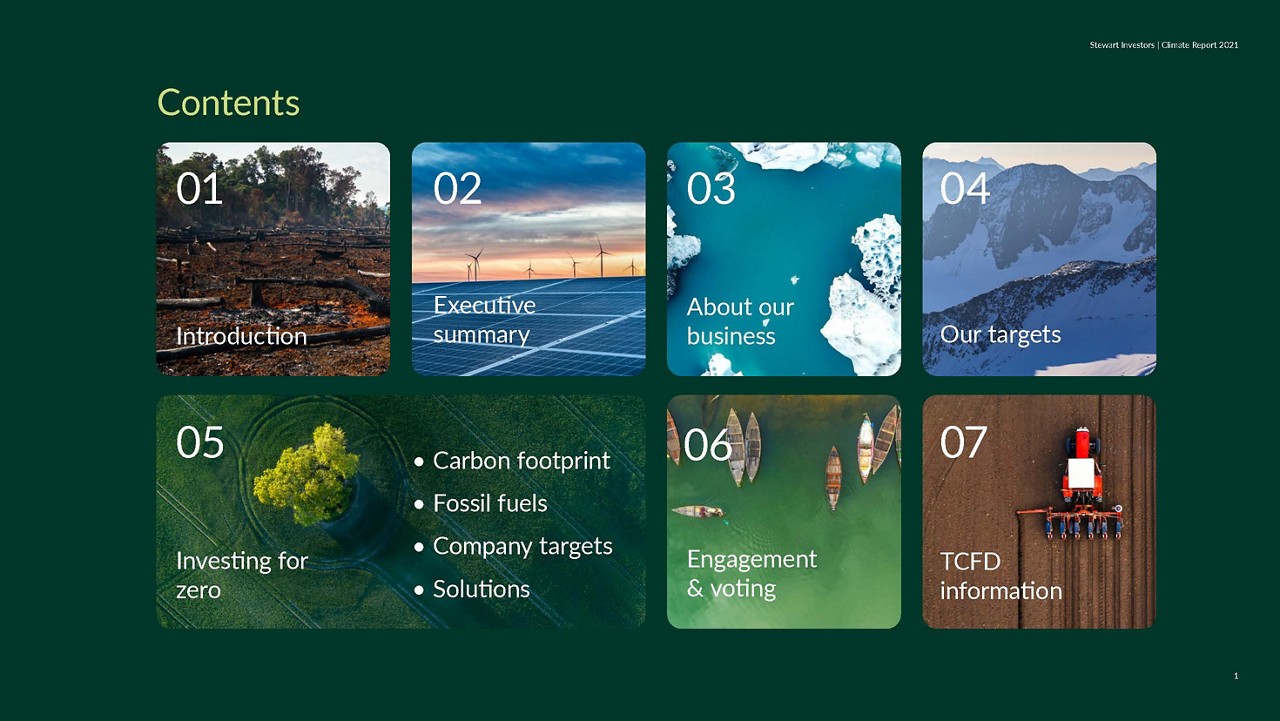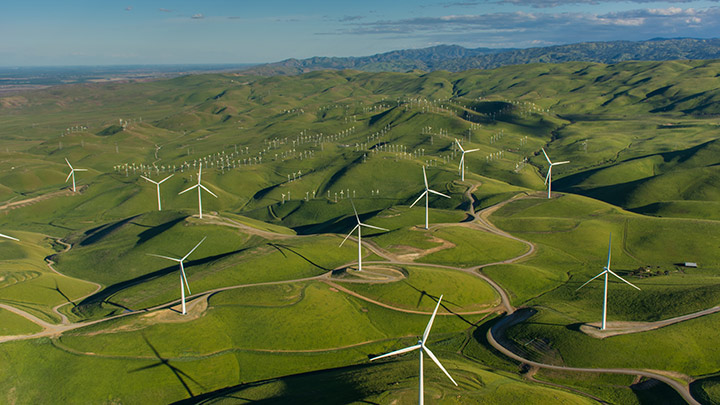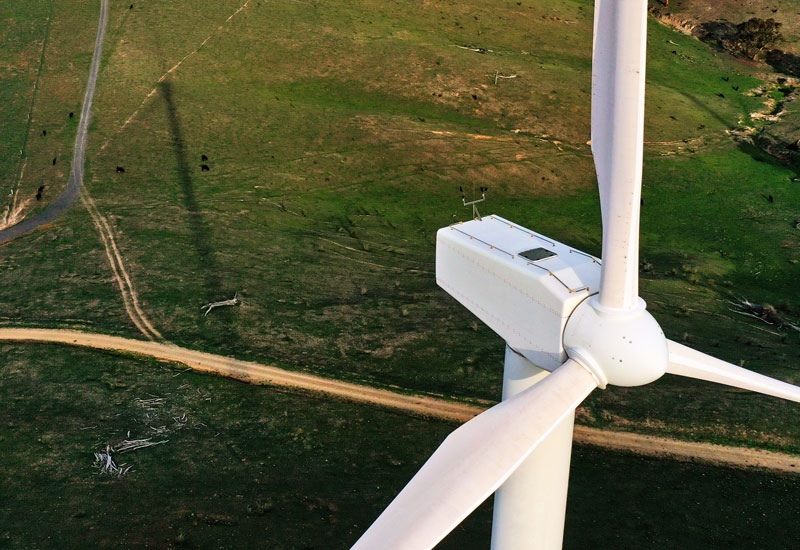Get the right experience for you. Please select your location and investor type.
IMPORTANT NEWS: Transition of investment management responsibilities
First Sentier Group, the global asset management organisation, has announced a strategic transition of Stewart Investors' investment management responsibilities to its affiliate investment team, FSSA Investment Managers, effective Friday, 14 November close of business EST.

The race to zero
Welcome to our climate report. Here we share a baseline of our climate change-related risks, opportunities and impacts, from which our progress towards zero-carbon portfolios and operations can be assessed in the years ahead.
Climate Report
Climate change is a critical social, environmental, economic, and therefore investment issue. This report details our approach to the risks and opportunities in line with the Taskforce on Climate-related Financial Disclosures (TCFD) recommendations. It also offers relevant climate-related information, like the carbon footprint of our portfolios, and our efforts to encourage the companies we invest in to help with the race to zero.

The challenge
The challenge of reducing emissions, and managing increasingly intense and frequent climate-related impacts in the global economy is complex, with varying implications for different industries, countries and companies. Climate change is also deeply interrelated with other sustainable development challenges, from biodiversity loss, to improving access to energy and other basic services in developing countries. Despite these complexities, the need to rapidly decarbonise the economy and build resilience in communities so they can adapt to climate change is necessary.
Our starting point
For more than 15 years, the foundation of our investment philosophy has been to invest only in high-quality companies that contribute to, and benefit from, sustainable development. In drafting our climate change statement in 2021 and reviewing various climate-focused industry initiatives, it became clear that our starting point is not the same as investors who do not share our history or focus on sustainable investing.

The race to zero
While there has been a significant trend in the industry to adopt ‘net-zero’ targets, generally by 2050, we prefer to think of the challenge as a race to zero, as each tonne of emissions adds to global warming. We also recognise that delivering on other sustainable development challenges – particularly human development in low and middle-income countries – is crucial for achieving a zero-carbon economy.
We recognise that carbon and climate change reporting by companies and investors remains inconsistent, while approaches to achieving genuine abatement remain highly contested. The potential for greenwashing, or well-intended but ultimately ineffectual efforts, is high.
As long as the broader economy remains carbon-intensive, our portfolios will remain relatively low carbon in comparison, but they will not be able to achieve our goal of zero emissions due to the interconnectedness with the global economy. However, as the broader economy reduces emissions at the speed and scale required to keep warming well below 2oC, the gap between our portfolios and the broader market should close, even as our footprint continues to fall. Real success would see the market catching up to us in the race to zero.













